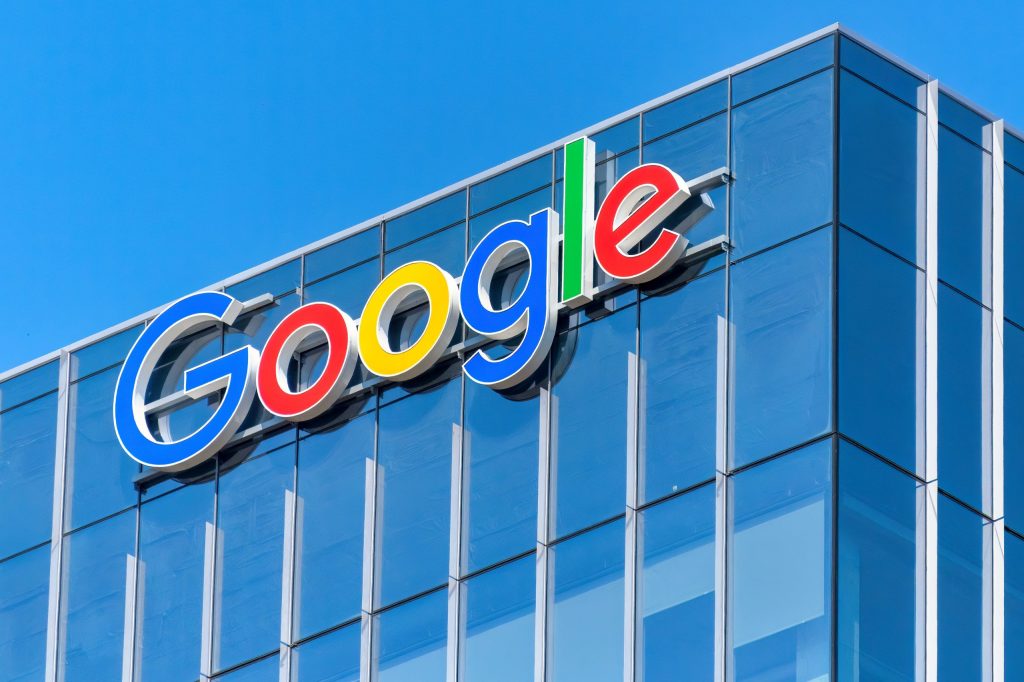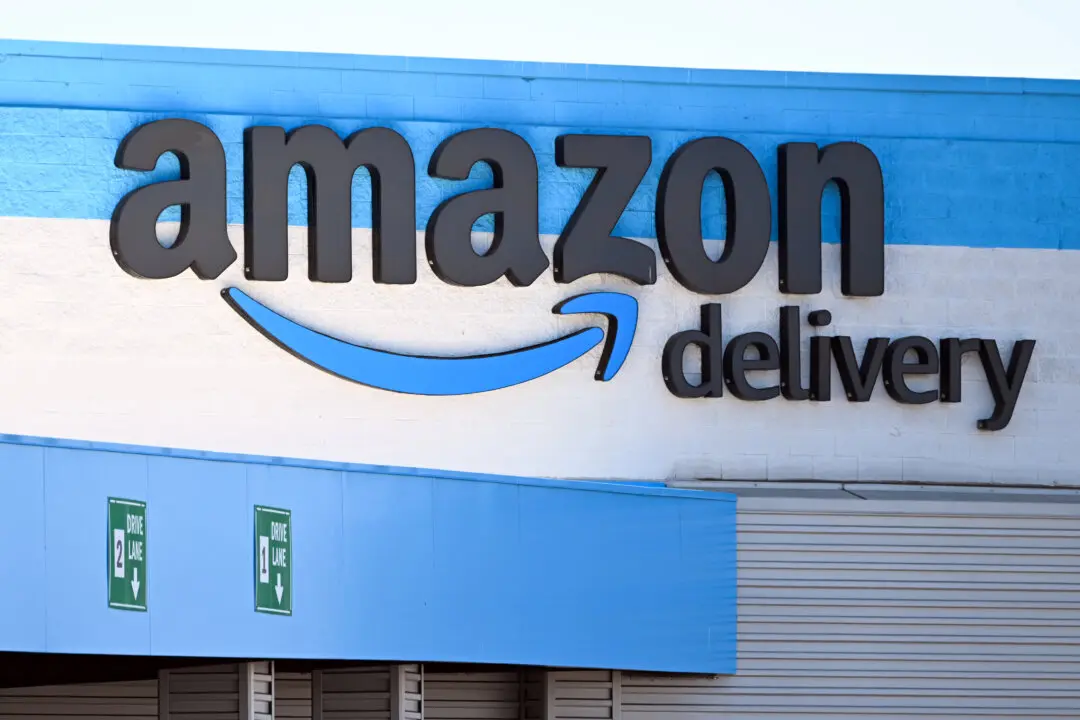In a landmark ruling that has captured global attention, a federal judge has issued a mixed verdict in the ongoing antitrust case against Google. The court allowed Google to continue operating its Chrome browser, one of the most dominant gateways to the internet, but ordered the tech giant to share key search data with rivals. This decision reflects a nuanced balance between preserving innovation and addressing growing concerns about monopolistic behavior in the digital marketplace. The outcome is set to reshape not only the future of Google but also the broader technology sector and its competition landscape.
- The Background of the Antitrust Battle Against Google
- The Court’s Mixed Ruling: A Win and a Warning for Google
- Why Chrome’s Survival Matters
- The Impact of Search Data Sharing on Rivals
- How This Decision Reflects Growing Tech Regulation Globally
- Voices From the Industry and Expert Reactions
- The Broader Economic Implications
- Challenges Ahead in Implementation
- What This Means for Consumers
- FAQs
- Why did the judge allow Google to keep Chrome?
- What kind of search data will Google have to share?
- How will this ruling affect Google’s competitors?
- Will consumers notice any immediate changes?
- Is this ruling part of a larger trend of regulating big tech?
- Conclusion
For years, regulators, competitors, and consumer advocates have accused Google of using its dominance in online search and advertising to stifle competition. Chrome, which commands more than 60 percent of global browser usage, has long been at the heart of these debates. The ruling, therefore, is more than just a legal milestone; it is a defining moment in the history of digital regulation. By forcing Google to share its valuable search data, the court is opening doors for smaller companies, startups, and rival platforms that have struggled to compete against the tech behemoth’s overwhelming market power.
The Background of the Antitrust Battle Against Google
The case against Google has its roots in a broader wave of global scrutiny against big tech firms. Regulators in the United States, European Union, and other jurisdictions have repeatedly accused Google of abusing its market power. The Justice Department and a coalition of state attorneys general argued that Google unfairly tied its products together, making it nearly impossible for competitors to gain a foothold.
Central to the lawsuit was Chrome, the world’s most widely used web browser. Since its launch in 2008, Chrome quickly gained market share through its speed, simplicity, and seamless integration with Google’s ecosystem. Critics, however, argued that Chrome became less of a neutral browsing tool and more of a gatekeeper for directing traffic toward Google Search and its advertising empire. This dominance created what experts called a “self-reinforcing monopoly,” where the more people used Chrome, the more data Google collected, and the harder it became for rivals to compete.
The legal question, therefore, was not just about whether Chrome should exist, but whether its dominance unfairly restricted competition in search and online advertising.
The Court’s Mixed Ruling: A Win and a Warning for Google
The judge’s decision allowed Google to retain control over Chrome, citing that banning or restructuring the browser could disrupt billions of users worldwide and destabilize the internet ecosystem. However, the court did not let Google walk away unscathed. Instead, the ruling mandated that Google must share anonymized search data with competitors.
This requirement is groundbreaking. Search data is the lifeblood of modern digital businesses, powering algorithms, personalization, and targeted advertising. Without access to vast amounts of search queries, rival search engines like Bing, DuckDuckGo, or emerging startups cannot realistically compete with Google’s refined results. By ordering Google to share this data, the court aims to level the playing field and inject much-needed competition into the market.
According to the judge, “Innovation cannot thrive in a marketplace where one company has exclusive control over information that defines the online experience.” The court’s message was clear: Chrome can stay, but Google must no longer hoard the fuel that powers the digital economy.
Why Chrome’s Survival Matters
The decision to let Google keep Chrome is not just about protecting a popular product; it is about stability in the digital infrastructure. Chrome is deeply integrated into millions of businesses, applications, and daily workflows. Removing or dismantling it would have caused massive disruptions to online commerce, banking, education, and entertainment.
Furthermore, users worldwide have grown accustomed to Chrome’s interface, synchronization features, and integration with services like Gmail, Drive, and YouTube. For many, Chrome is not just a browser but an essential tool for personal and professional life. By allowing Chrome to remain intact, the court safeguarded user convenience while simultaneously addressing competitive concerns through data-sharing obligations.
The Impact of Search Data Sharing on Rivals
The most consequential aspect of the ruling is Google’s obligation to share search data. For rivals, this is a historic opportunity. Competing search engines have long struggled to provide results as accurate or personalized as Google’s, not because they lack talent or technology, but because they lack access to comparable data.
Search queries, when aggregated and anonymized, reveal patterns of human behavior, preferences, and emerging trends. With access to this treasure trove, competitors will finally have the chance to refine their algorithms, improve accuracy, and build stronger ad platforms. This could, in turn, attract advertisers and users away from Google, creating a more competitive marketplace.
Industry experts predict that within a few years, consumers could see more viable alternatives to Google Search, potentially leading to innovations in privacy-first browsing, ethical advertising, and niche search platforms.
How This Decision Reflects Growing Tech Regulation Globally
This ruling is not an isolated event but part of a larger global trend. Across Europe, regulators have repeatedly fined Google for anticompetitive practices, including tying its search engine to Android devices and favoring its own shopping services. In Australia, lawmakers forced Google and Facebook to pay news publishers for content. In India, regulators have also scrutinized Google’s dominance in smartphones and search markets.
The U.S. ruling adds to this momentum. It reflects a growing realization among regulators that big tech companies cannot be left unchecked. While governments have historically hesitated to interfere with successful technology platforms for fear of stifling innovation, the tide has shifted. Now, the emphasis is on ensuring fair competition, protecting consumer choice, and preventing excessive concentration of power.
Voices From the Industry and Expert Reactions
Reactions to the ruling have been mixed. Consumer advocates hailed the decision as a long-overdue correction to Google’s monopoly. “This ruling ensures that the digital economy will no longer be controlled by a single gatekeeper,” said a spokesperson from the Consumer Federation of America.
Competitors like DuckDuckGo and Brave expressed cautious optimism, noting that access to search data could finally allow them to offer stronger alternatives. However, some skeptics worry that Google may still find ways to maintain its dominance through other means, such as controlling advertising markets or leveraging artificial intelligence tools like its Gemini AI.
Google, for its part, released a statement saying it would comply with the ruling but emphasized that Chrome’s success is a result of innovation and user preference, not coercion. The company also raised concerns about data privacy, warning that sharing search queries, even in anonymized form, could create new risks.
The Broader Economic Implications
The economic stakes of this decision are enormous. Online advertising, largely driven by search engines, represents a market worth hundreds of billions of dollars annually. Google has long dominated this space, controlling more than a quarter of the global digital ad market. With search data sharing now mandated, rival companies may gain the ability to carve out larger shares of this lucrative industry.
For startups and smaller tech firms, this ruling could be transformative. Access to Google-level data is akin to having the foundation needed to build cutting-edge AI models, advertising platforms, and search innovations. This democratization of information could lead to an explosion of new services, benefitting consumers and businesses alike.
Challenges Ahead in Implementation
While the ruling is historic, its implementation will not be simple. Regulators must establish clear guidelines on what type of data Google must share, how it will be anonymized, and who qualifies to receive it. There are also concerns about whether Google will fully comply or attempt to slow down the process through technical or legal loopholes.
Privacy advocates, too, are watching closely. Even anonymized data carries risks, as patterns could still potentially identify users when combined with other information. Balancing competition with data protection will be one of the most delicate challenges regulators face moving forward.
What This Means for Consumers
For everyday users, the ruling may bring both immediate and long-term benefits. In the short term, Chrome will continue functioning as usual, meaning no disruption to daily browsing. Over time, however, consumers may start to notice improvements in rival search engines, as competition forces them to innovate and improve.
Greater competition could also lead to better privacy protections, fewer ads, and more diverse services. Users who have long complained about being locked into Google’s ecosystem may soon find themselves with meaningful alternatives.
FAQs
Why did the judge allow Google to keep Chrome?
The court ruled that dismantling or banning Chrome would disrupt billions of users and destabilize the digital ecosystem. Chrome was allowed to remain intact to preserve stability, but Google was ordered to share search data to address anticompetitive concerns.
What kind of search data will Google have to share?
Google must share anonymized search data with rivals. This includes aggregated queries that help improve algorithms and personalization but without revealing individual user identities.
How will this ruling affect Google’s competitors?
Rivals like Bing, DuckDuckGo, and new startups will gain access to valuable data that can help them improve their search engines, ad platforms, and user experiences. This levels the playing field and promotes healthier competition.
Will consumers notice any immediate changes?
In the short term, Chrome and Google Search will continue as usual. Over time, users may see better alternatives in the search market as competitors improve with access to shared data.
Is this ruling part of a larger trend of regulating big tech?
Yes. Around the world, regulators are increasingly scrutinizing big tech companies. This U.S. ruling aligns with broader efforts in Europe, Australia, and India to ensure fair competition and limit monopolistic practices.
Conclusion
The decision to allow Google to keep Chrome while mandating the sharing of search data with rivals marks a historic turning point in the regulation of digital markets. It represents a careful balance between preserving user convenience and promoting fair competition. For Google, it is a reminder that even the most powerful corporations are not above the law. For rivals, it is an unprecedented opportunity to compete on a more equal footing. And for consumers, it promises a future where choice, innovation, and privacy play a stronger role in shaping the digital world.
This ruling may well become a blueprint for future regulatory actions against big tech companies worldwide. As the digital economy continues to grow, the question is no longer whether governments should intervene, but how they can do so effectively. Google’s case is only the beginning of a broader reimagining of power in the online age.





